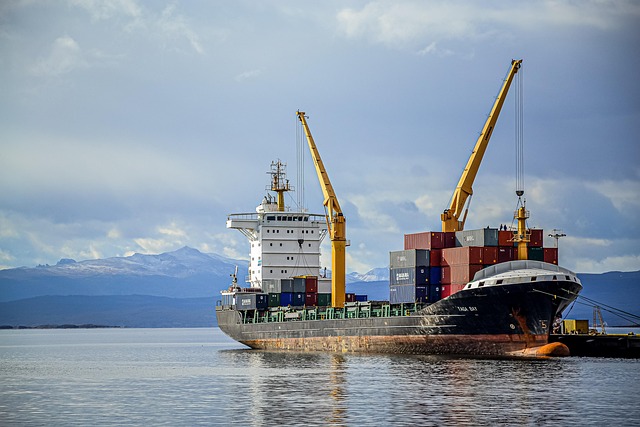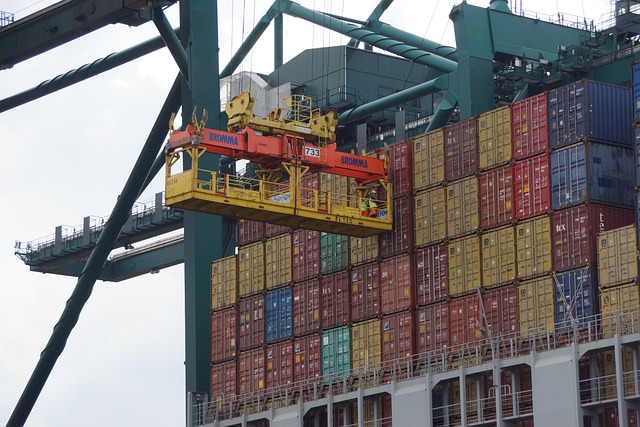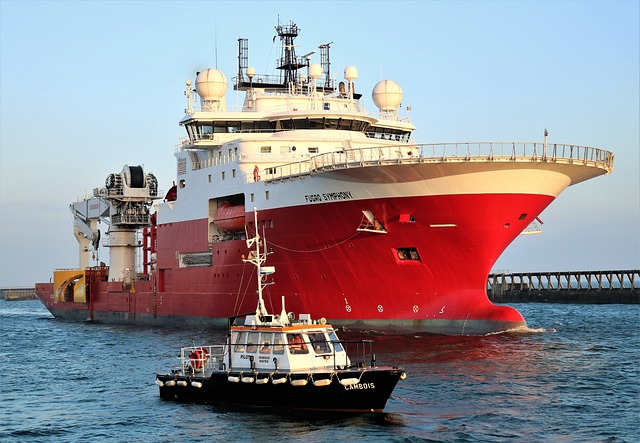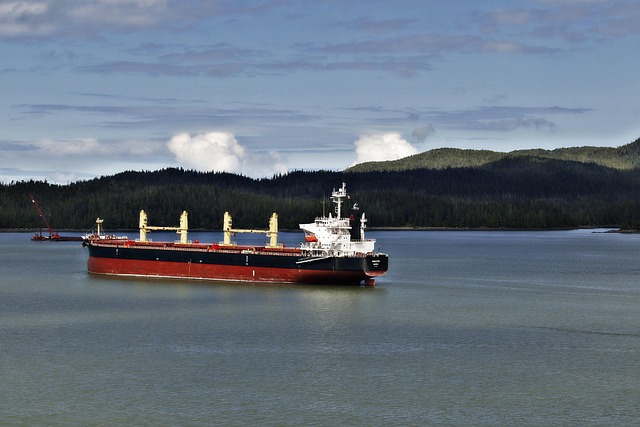Insulated shipping containers are transforming temperature-controlled delivery by maintaining optimal conditions for perishable goods, pharmaceuticals, and sensitive materials across various transport modes (sea, air, land). Their advanced insulation, climate control systems, and intermodal compatibility offer flexibility, efficiency, and customization, reducing waste, enhancing product quality, and improving customer satisfaction. Real-world applications in food and pharmaceutical industries demonstrate their significant impact on global logistics.
In today’s globalized world, temperature-controlled shipping is vital for preserving perishable goods during transit. Insulated shipping containers have emerged as a game-changing solution in supply chain management, offering an efficient and sustainable way to maintain product integrity. This article explores the innovative concept of insulated containers, highlighting their role in enhancing delivery efficiency and quality. We’ll delve into the technologies driving this sector, showcase successful case studies, and discuss the benefits for various industries, all while focusing on the prominent shipping container as a critical component in modern logistics.
- Understanding Insulated Shipping Containers: A Modern Solution
- The Role of Temperature Control in Supply Chain Management
- Benefits of Using Insulated Containers for Perishable Goods
- Technologies and Materials Used in Building Insulated Shipping Units
- Case Studies: Successful Implementation of Insulated Container Delivery
Understanding Insulated Shipping Containers: A Modern Solution

Insulated shipping containers are a modern solution to the age-old challenge of temperature-controlled delivery. These innovative containers are designed to maintain optimal conditions for perishable goods, pharmaceuticals, and other sensitive materials during transit. By utilizing advanced insulation materials and climate control systems, they ensure that products arrive fresh and intact, regardless of the external climate.
These containers represent a significant advancement in the logistics industry, offering flexibility and efficiency through their modular design. Whether used for sea, air, or land transport (via intermodal container services), these insulated freight containers can be customized to meet specific requirements, including various dimensions and capacities. This versatility, coupled with the ability to lease or rent storage containers as needed, makes them a cost-effective and reliable choice for modern shipping.
The Role of Temperature Control in Supply Chain Management

In modern supply chain management, temperature control is a critical aspect that often determines the success or failure of product delivery. This is especially true for perishable goods like food, pharmaceuticals, and chemicals, which require specific environmental conditions during transit. Insulated shipping containers, such as refrigerated containers (also known as reefer containers), play a pivotal role in ensuring these products remain within the required temperature range from origin to destination.
By implementing container leasing or rental services for temperature-controlled freight, businesses can enhance product quality, reduce waste, and maintain customer satisfaction. These advanced shipping solutions not only protect sensitive cargo but also streamline operations, especially when utilizing intermodal containers for seamless land and sea transport. With various container types like high cube, open top, and flat rack options available, companies can choose the most suitable modular container to meet their specific temperature-controlled shipping needs and adhere to the stringent requirements of global trade.
Benefits of Using Insulated Containers for Perishable Goods

Using insulated shipping containers for perishable goods offers significant advantages in maintaining product quality and safety during transit. These specialized containers are designed to regulate temperature and humidity levels, ensuring that sensitive items like food, pharmaceuticals, and flowers remain fresh and viable throughout their journey. This is particularly crucial in the global supply chain where products often travel long distances and face varying environmental conditions.
Compared to standard freight containers or cargo containers, insulated shipping containers provide enhanced protection against spoilage caused by extreme temperatures. They are equipped with advanced cooling systems that maintain a consistent internal temperature, mimicking controlled storage environments. This level of temperature control not only extends the shelf life of perishable goods but also reduces waste and improves customer satisfaction. Additionally, these containers can be easily integrated into intermodal transport systems, allowing seamless container shipping across land and sea, making them versatile options for efficient and reliable global trade.
Technologies and Materials Used in Building Insulated Shipping Units

Modern insulated shipping containers are built using advanced technologies and materials to ensure optimal temperature control during transit. These innovations have transformed the traditional freight container into a sophisticated solution for transporting temperature-sensitive cargo, such as pharmaceuticals, food products, and chemicals. The key to their effectiveness lies in the careful selection of insulating materials.
Commonly used materials include high-performance foams, vacuum panels, and phase-change materials, all designed to maximize thermal insulation. Additionally, these containers often incorporate advanced cooling systems, like temperature-controlled units (TCUs) or cold chains, which can maintain specific temperature ranges for extended periods. Moreover, the design includes sealed doors, gaskets, and ventilation systems to prevent heat transfer and ensure a consistent internal environment, regardless of external conditions. This level of customization and technological integration makes insulated shipping containers versatile and indispensable in global container shipping, catering to diverse industries and cargo requirements from sea containers to storage containers.
Case Studies: Successful Implementation of Insulated Container Delivery

In recent years, case studies have shown that insulated shipping containers are transforming the logistics industry. Businesses across various sectors, from food and pharmaceuticals to chemical manufacturing, have successfully implemented temperature-controlled container delivery. For instance, a leading food production company in North America utilized insulated sea containers to ship perishable goods over long distances, significantly reducing waste and ensuring product quality. This implementation resulted in a 20% decrease in spoilage rates and substantial cost savings.
Another notable case involves a global pharmaceutical company that adopted refrigerated container shipping for their sensitive drug shipments. By leveraging ISO containers with advanced temperature monitoring systems, they achieved consistent and secure transport of valuable cargo. This approach not only met stringent regulatory standards but also enhanced customer satisfaction by delivering products in pristine condition. These real-world examples underscore the effectiveness and versatility of insulated shipping containers in enhancing container shipping, especially for time- and temperature-sensitive freight.
Insulated shipping containers are transforming temperature-sensitive logistics, offering a modern solution for efficient supply chain management. By leveraging advanced technologies and materials, these containers ensure perishable goods maintain optimal conditions during transit, reducing waste and enhancing product quality. As seen in successful case studies, adopting insulated shipping containers can significantly improve delivery processes, making them an indispensable asset in today’s globalized market.
